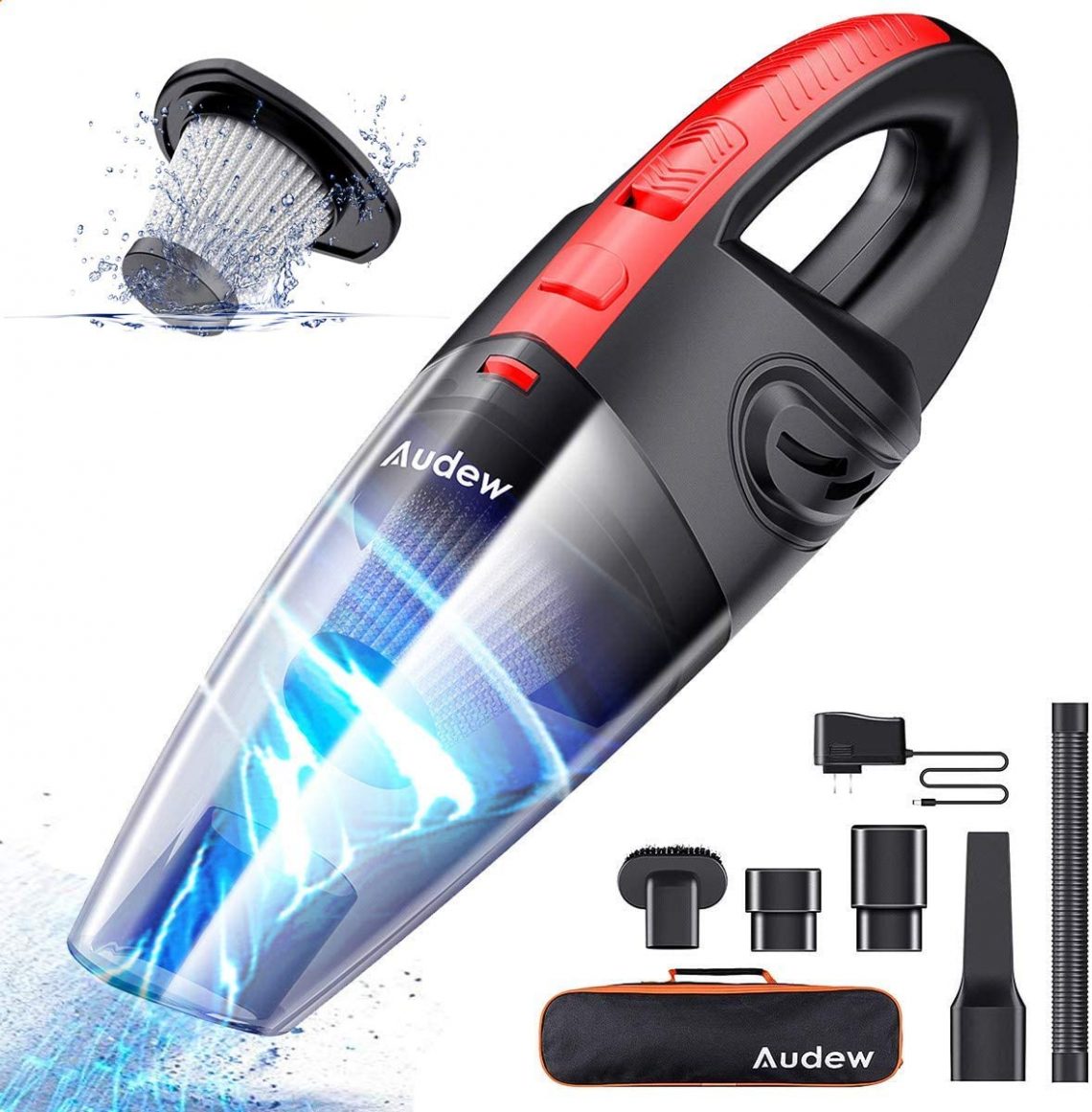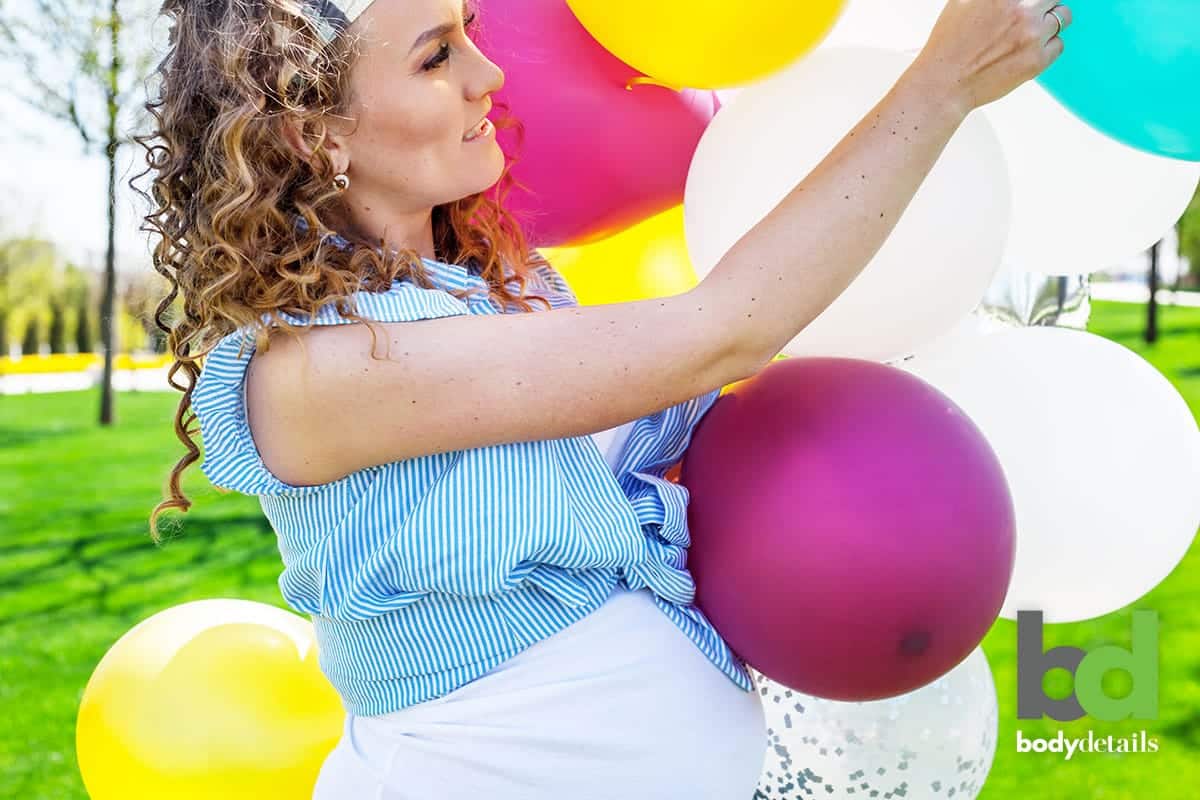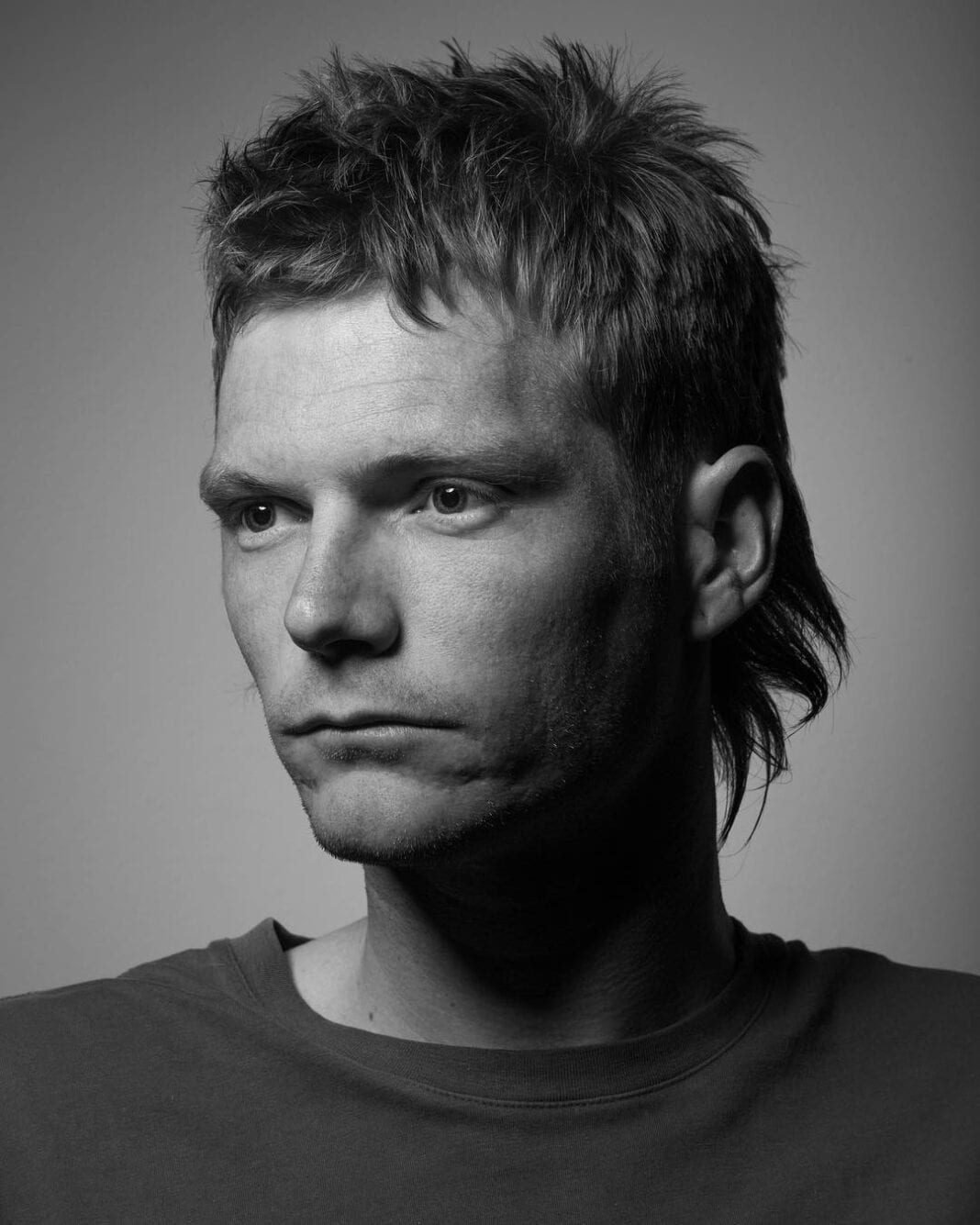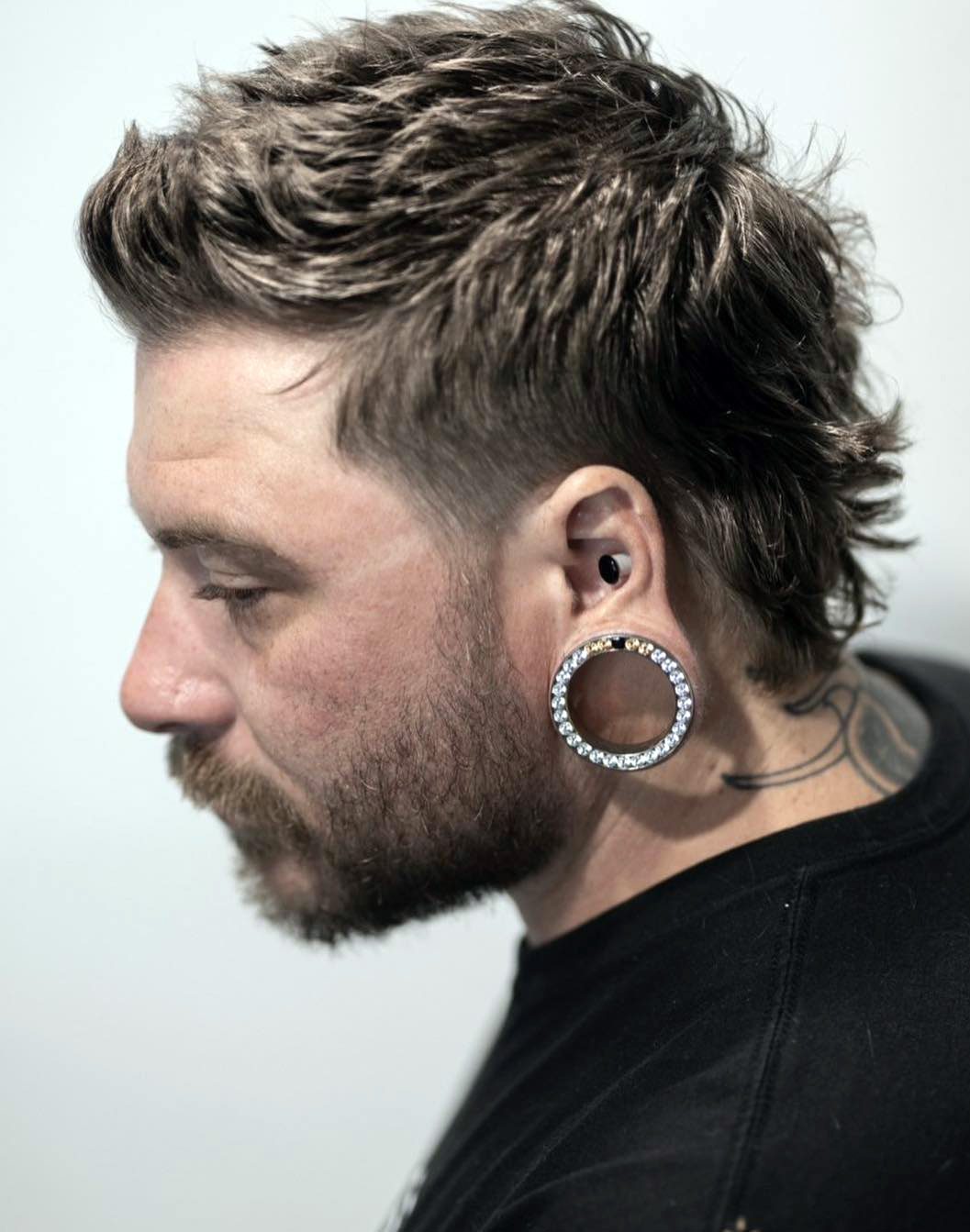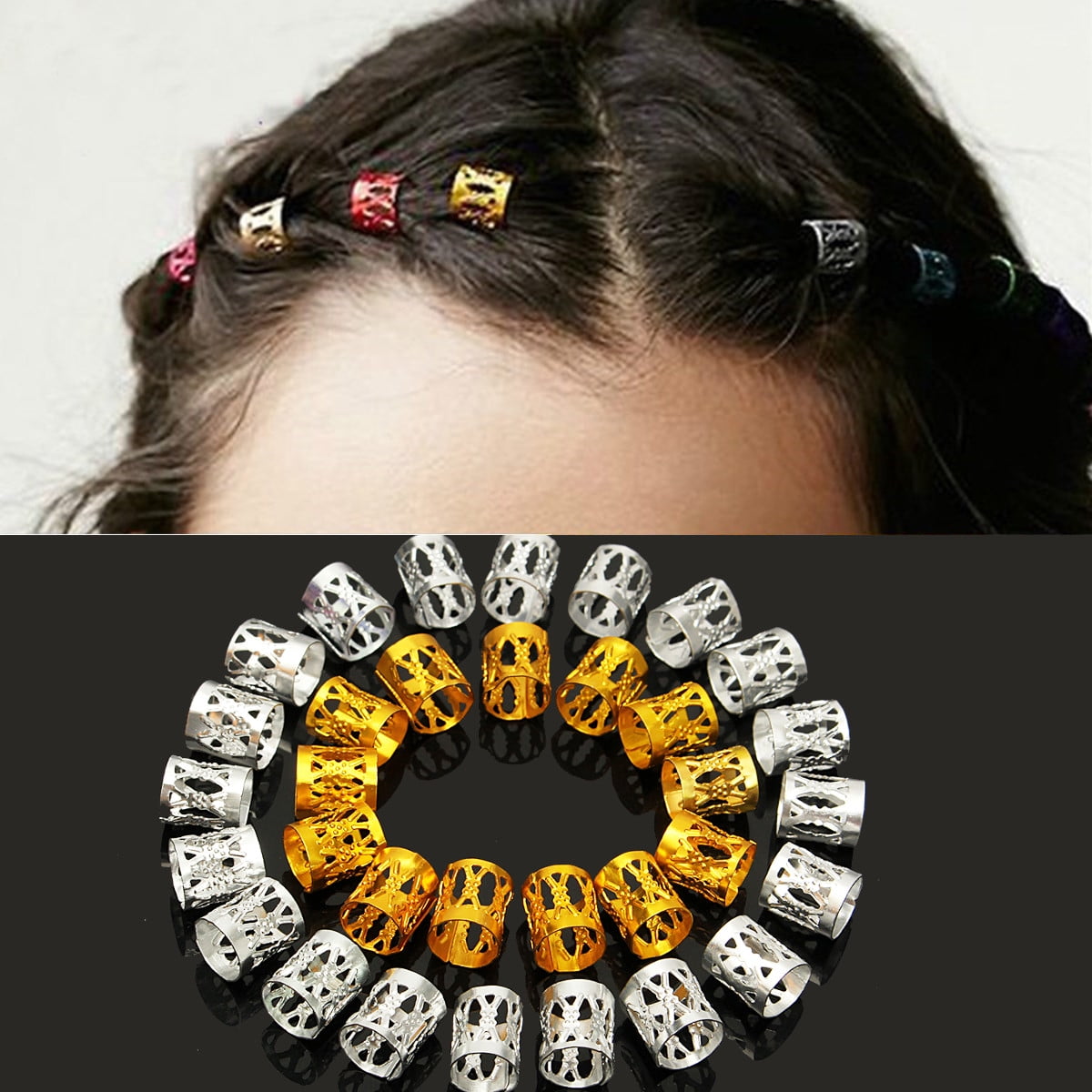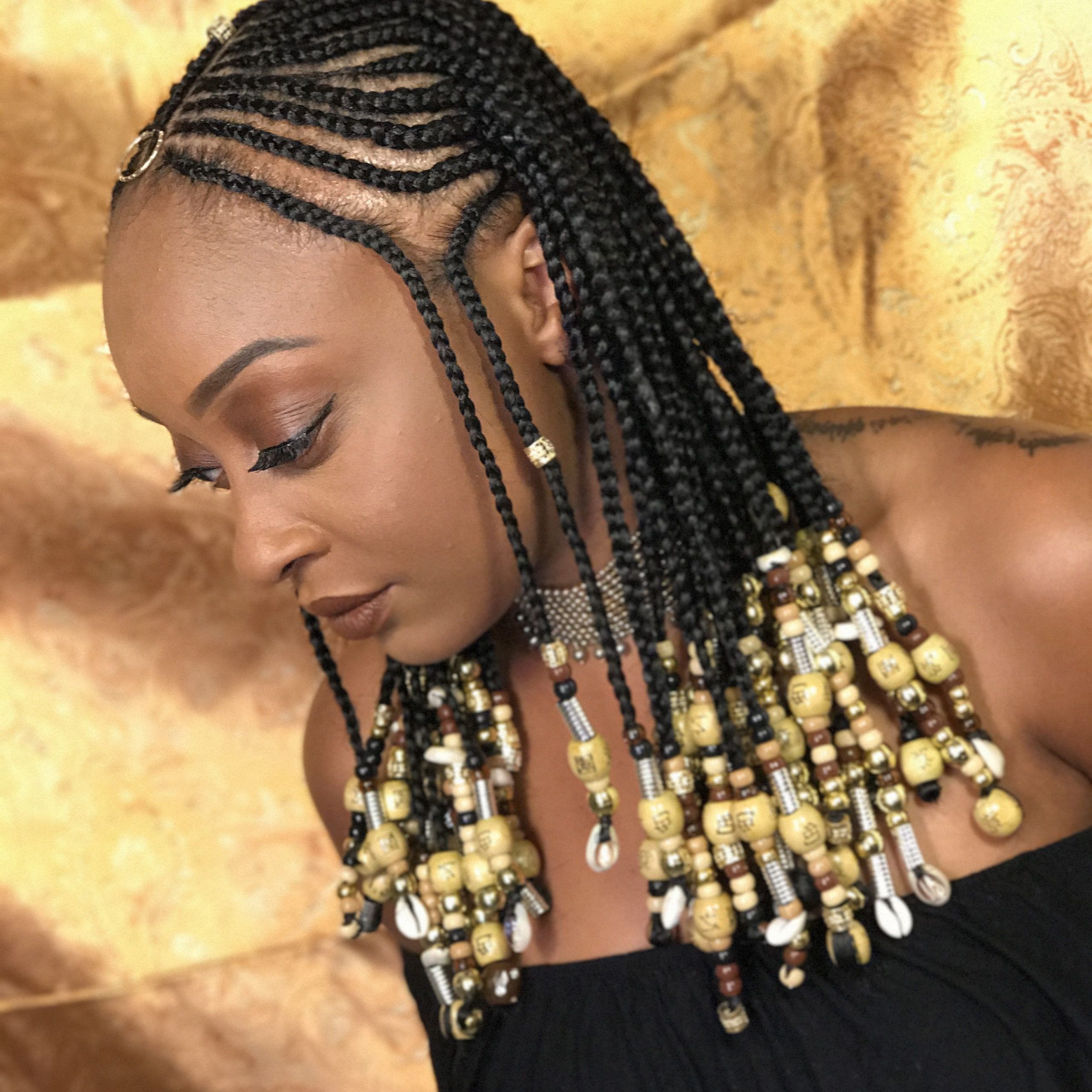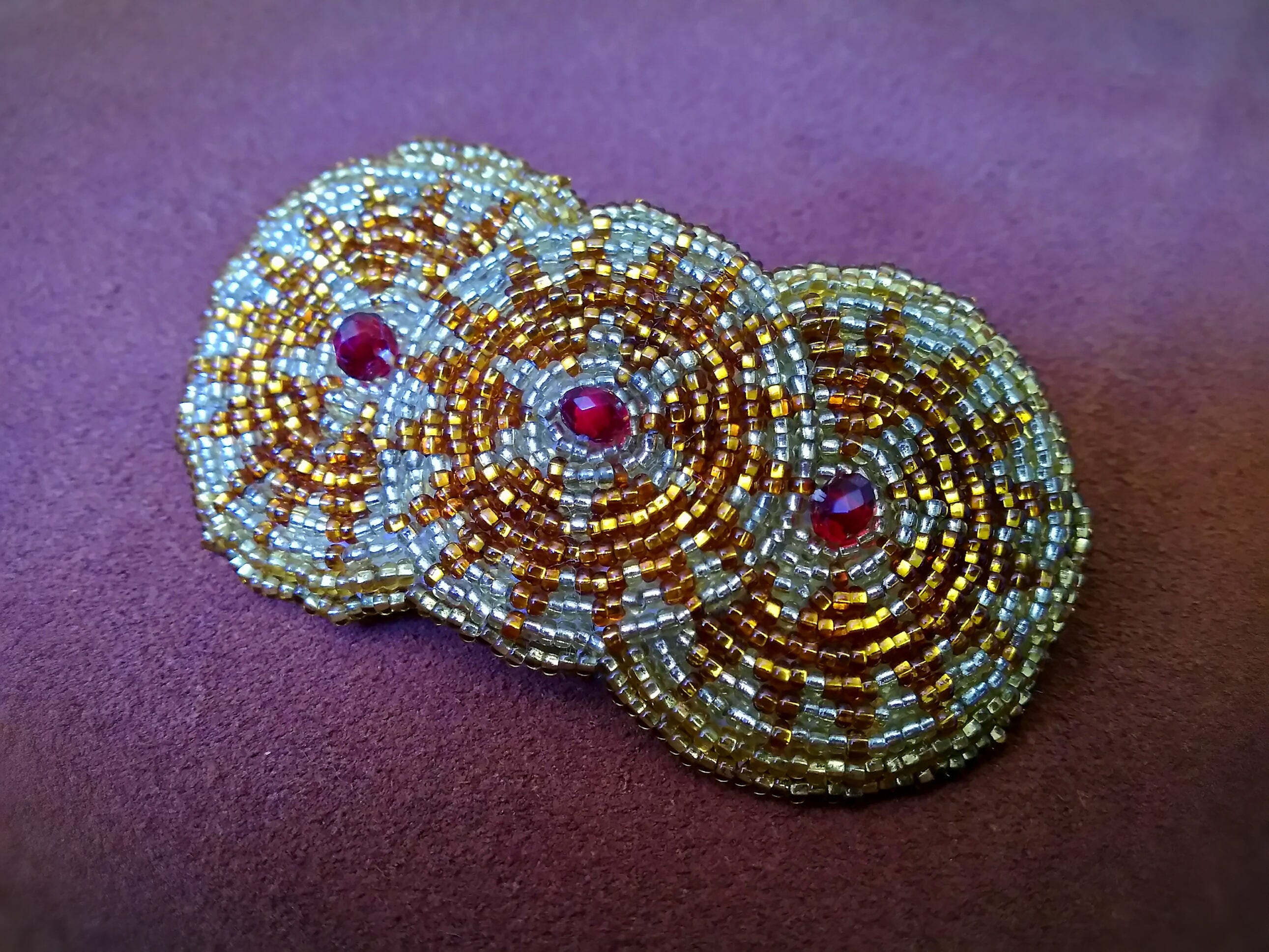Table Of Content

“Scrape the stubborn grime by using an old toothbrush,” he Vuong. Before you schedule a trip to the store, take a look around your house. Chances are, you have some of the basic supplies necessary to clean your washer. Washing machines can typically be cleaned using a few basic household items.

Prepare the baking soda mixture
After applying baking soda hair wash, you must maintain a hair care routine to avoid hair dryness and breakage. Hence, you should wash hair with baking soda in moderately to get the benefits. Using baking soda to wash hair properly, it helps to exfoliate your scalp and eliminate odors.
Can I add essential oils to the baking soda mixture?
Learn why baking soda works as a weed killer, how to use it, and what its limitations are. Baking soda is a good solution for killing weeds in certain cases. This common household product will kill all small types of weeds. You can also use it to control powdery mildew, a fungal disease that affects beloved landscape plants such as rose bushes and lilac shrubs. Results may vary, but you should notice a difference in your hair’s cleanliness and shine after the first use.
The Color Caution
This treatment costs around 3 cents and does the same thing as sulfate-free shampoos. Overall, there is just not enough research to support the claims that baking soda is a suitable replacement for shampoo. While some ladies reported amazing results after using baking soda there are just as many women who say that baking soda actually damaged their curls. Silicones tend to get a bad wrap in the naturally curly world, but they do a fantastic job at smoothing (“closing”) your hair cuticles. Luckily, we have some tips to help you achieve clean, moisturized hair without needing to rely on baking soda washes. Some women who use baking soda have mentioned that it clarifies their hair, making it soft and shiny.
Can Baking Soda Be Used on Color-Treated Hair?
After using baking soda to wash your hair, it is recommended to apply a moisturizing conditioner to restore moisture and nourishment to the hair. Baking soda can be drying for some hair types, so using a conditioner is essential to counteract any potential dryness and frizziness. It's important to follow up with an apple cider vinegar rinse to rebalance the scalp's pH and further restore moisture to the hair. For those with dry hair types, using a natural conditioner or other moisturizing treatments is highly recommended. Consider incorporating natural conditioners such as coconut oil or herbal rinses like rosemary or chamomile tea to provide deep nourishment and hydration to the hair after using baking soda.
Lush Shampoo Bars Are a Wonder for My Hair - Treehugger
Lush Shampoo Bars Are a Wonder for My Hair.
Posted: Wed, 17 Jun 2020 16:01:40 GMT [source]
What are some possible alternatives to baking soda for hair cleansing?
While baking soda can leave your hair feeling clean and refreshed, it may also cause your hair to feel slightly dry. If desired, you can apply a conditioner to restore moisture and softness to your hair. In addition, the crystalline consistency of baking soda is commonly recommended as an exfoliant in DIY recipes when added to an oil or a conditioner to help remove dry skin and debris from the scalp. With proper care, incorporating baking soda into a hair care routine can leave hair feeling refreshed and rejuvenated, like a breath of fresh air on a sunny day. Using baking soda on hair can disrupt the scalp's pH balance due to its alkalinity. Baking soda should be used sparingly and with caution, especially for those with sensitive skin.
Baking Soda and Apple Cider Vinegar
The primary problems most women experience are excessively dry hair, hair breakage, and skin irritation. With such high pH levels, you would think that would make baking soda the perfect candidate for cleaning your curls; however, it’s not that simple. The potential hydrogen (pH) level (learn more about pH levels) is basically an indicator of just how acidic or alkaline your skin or your hair products are relative to the pH spectrum. In fact, here at Curl Centric, we pride ourselves on always delivering research-based hair care advice instead of pushing the next big trend. So, when it comes to baking soda and your curls, we wanted to know what the top researchers had to say.
Additional Tips for Killing Weeds Naturally
“Once in a while, check and clean the washing machine filter (if accessible),” says Knoll. “It's a small thing that can make a big difference in performance.” Consult your user manual for the specific location of your filter, as well as any cleaning instructions. Before you clean your machine, you should remove everything from it, including any excess water. In fact, Delah Gomasi, managing director and CEO of MaidForYou, emphasizes the importance of removing all items and draining the water any time your washer isn’t in use.
Step 1: Create a paste
Gomasi recommends grabbing a sponge and wiping down the interior of the basin. “Once all the grime has been removed, rinse away any chemicals with hot water,” he suggests. Air out your machine for two to three hours.” Again, you may need to use a toothbrush to get into more confined spaces. As you’re emptying the washer, grab the detergent dispenser, too, if possible.
Most “No Poo” blogs say that there’s an adjustment period your hair undergoes once you stop using shampoo. Because you have to retrain its natural oil glands, the excess oil your scalp has been creating in order to combat the damage done by shampoo is bound to build up. Research suggests that using products a hair product on the scalp with a pH above 5.5 might be damaging. Start by mixing 4 tablespoons of baking soda with 3/4 cup of water, and optionally, add a few drops of lavender or tea tree essential oil for a pleasant scent. When applying the baking soda mixture to hair, begin at the roots and work through to the ends for thorough coverage. Additionally, the exfoliating properties of baking soda can help to alleviate scalp itching by gently removing dead skin cells and unclogging hair follicles.

However, you do need a healthy balance of oils in order for your curls to thrive. Just because baking soda has a high pH level, and can easily and effectively remove product build-up from your hair, it does not mean that it is without its flaws (source). One popular alternative to using harsh shampoos is the "no-poo" method, where natural ingredients are used instead (via No Poo Method). The goal is to conquer build-up that often comes from store-bought shampoos while also boosting optimal growth.
"Considering that we use baking soda to clean grills, it should be no surprise that baking soda is harsh on hair, especially those with curly, dry, or thin hair," dermatologist Chesahna Kindred tells WebMD. According to the experts, no one should use baking soda for hair regularly. Additionally, the only people who should even consider using it occasionally (think maybe once a month) are those who have very oily scalps or hair, cautions Brado. Poor pH means poor hair quality, with higher pH opening cuticles and causing brittleness, and too low pH damaging color. He also notes that "On the scalp, imbalances of pH can disrupt the balance of good and bad bacteria, which can lead to other problems, such as scalp irritation and dandruff."
Unlike other commercial shampoos, baking soda is paraben & sulfate-free. Even with the potential risks, I was willing to put baking soda to the test for the sake of journalism. Gonzalez suggested I create a paste by diluting baking soda powder with water and massaging it into my scalp, letting it sit for just a few minutes before rinsing it out. Just like your standard exfoliants and clarifying shampoos, baking soda isn’t meant for everyday use. It should be used infrequently—once or twice a month, or (at most) once a week for those with especially oily scalps.
With the overabundance of hair care products that are available, it can be easy to overlook the natural route, but there are still lots of DIY hacks that can help you achieve the same results. This pantry staple may be best known for making Sunday morning pancakes, but the ingredient is gaining some popularity as a natural alternative to shampoo. For this reason, she prefers commercial exfoliants and clarifying shampoos over raw baking soda. She suggests products formulated with flake-and-oil-busting pyrithione zinc (which is an FDA-approved OTC ingredient) and made for everyday use. Instead of a shampoo, you could opt for chemical scalp exfoliants bolstered by AHAs and BHAs, or a physical scalp scrub. Baking soda helps get rid of unwanted buildup in hair by helping to exfoliate your scalp.




